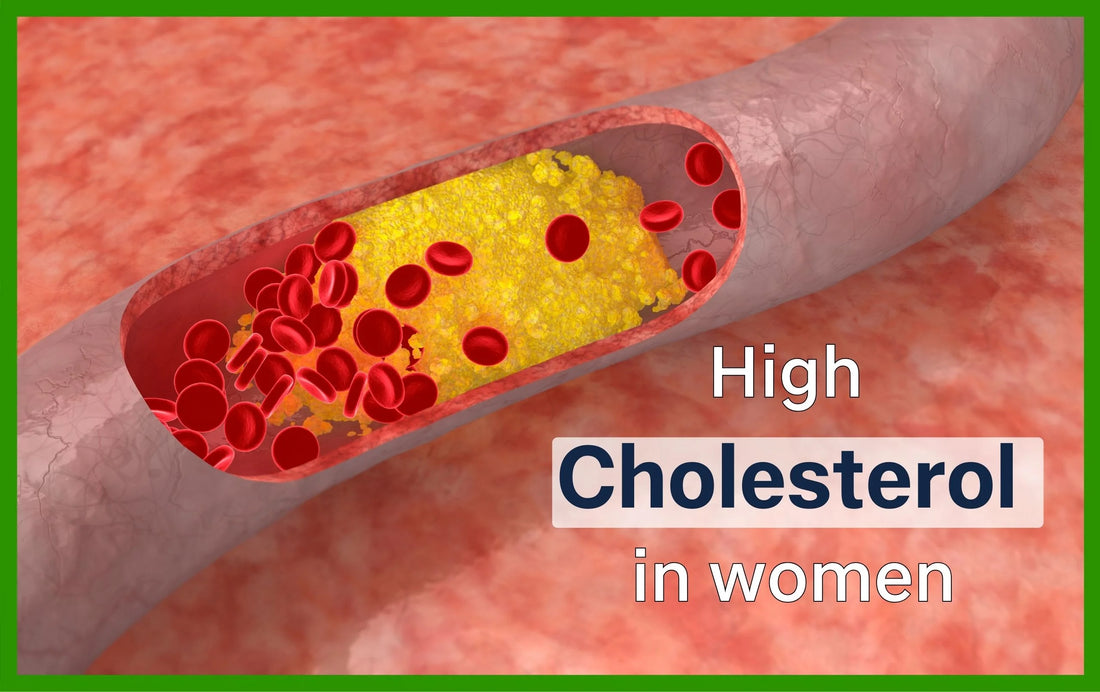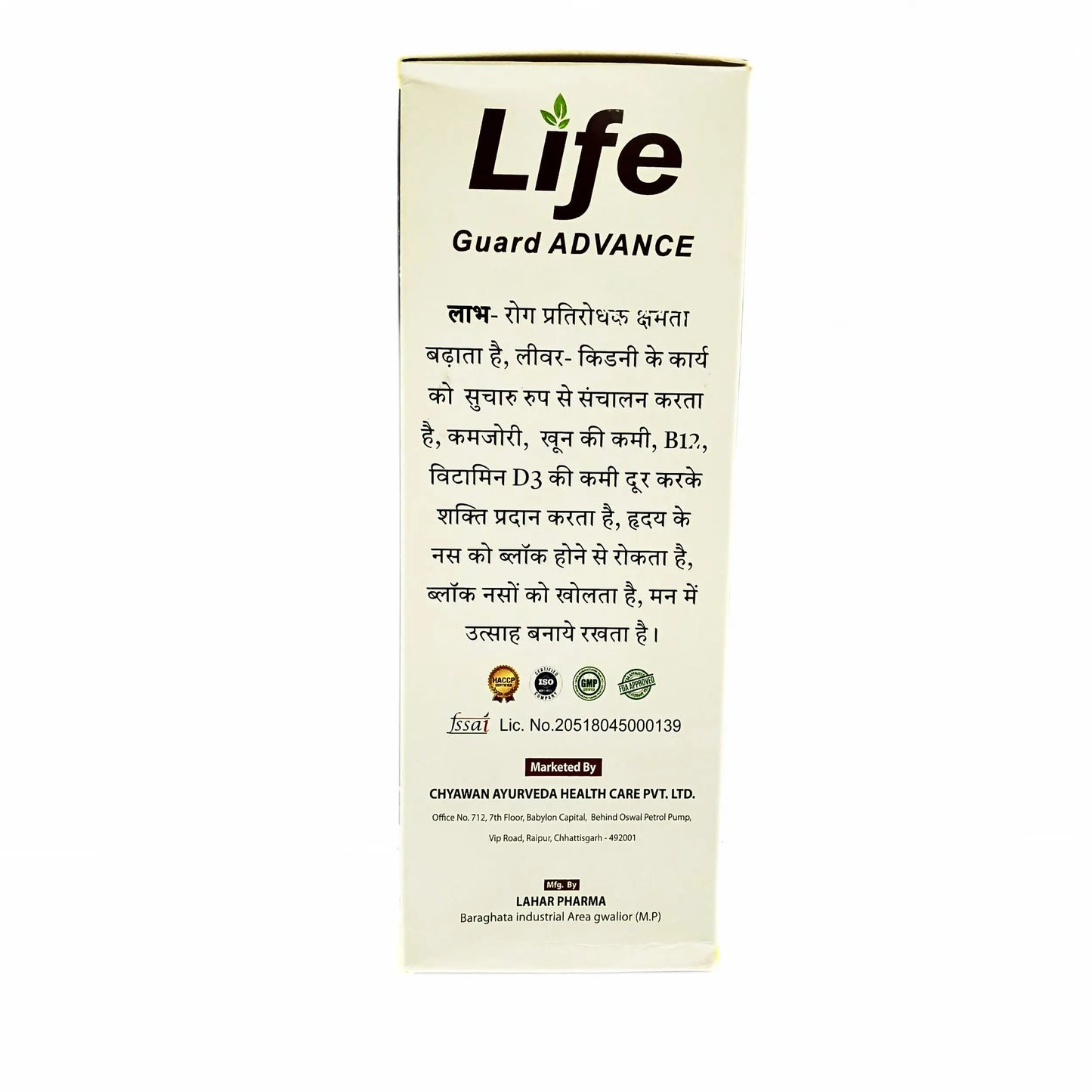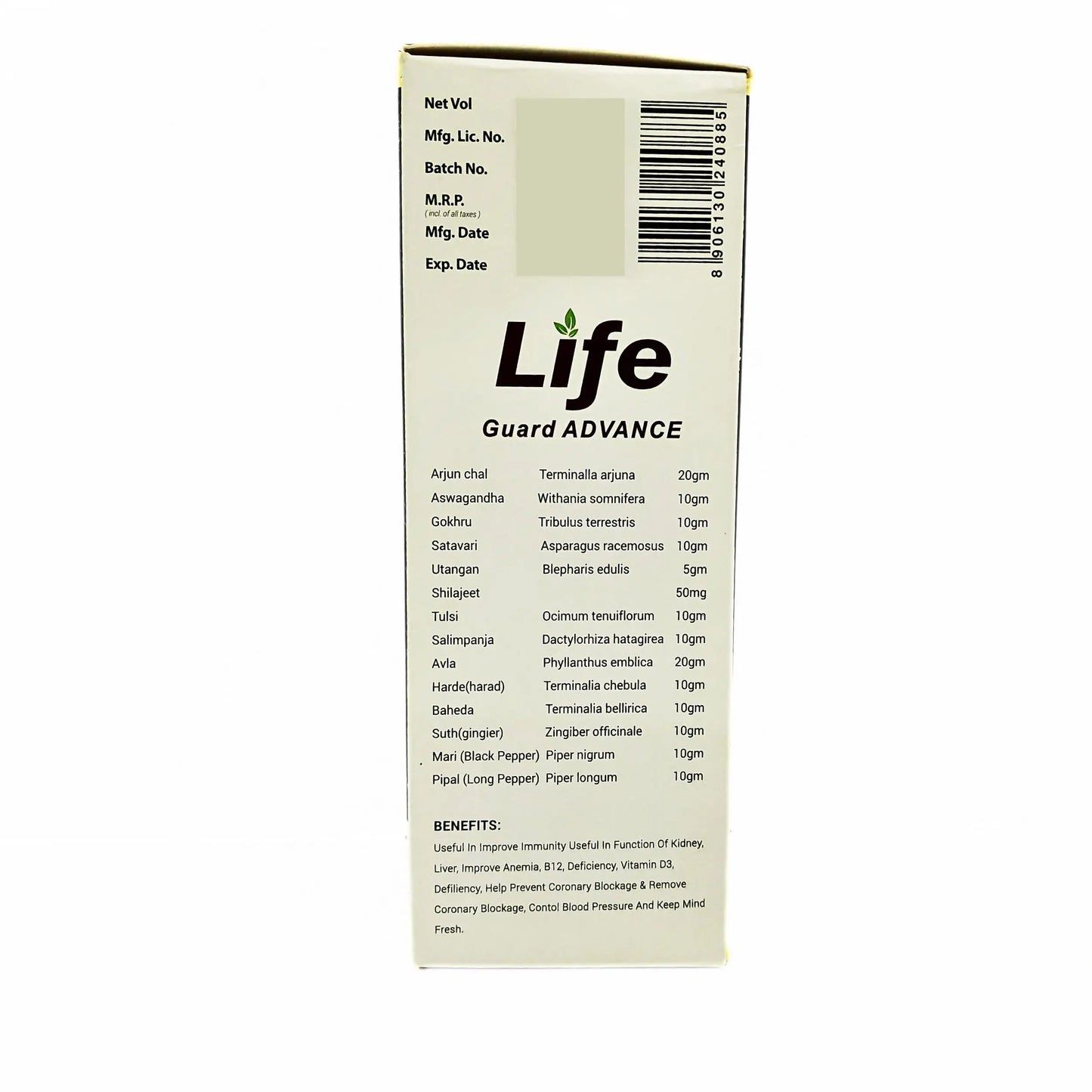High cholesterol, a condition where your blood contains too much of a fatty substance called cholesterol, is a major health concern for everyone. But for women, there are unique factors that can increase their risk and influence how it's managed. This blog dives deep into the world of high cholesterol in women, exploring the causes, risk factors, and most importantly, empowering you to take charge of your heart health.
The Silent Threat: Why High Cholesterol Matters
Cholesterol itself isn't all bad. Our bodies need it to build healthy cells, but when there's too much, it can build up in artery walls, forming plaque. Over time, this plaque narrows the arteries, hindering blood flow and raising the risk of heart disease, the leading cause of death in women globally.
The Plot Thickens: Causes and Risk Factors for High Cholesterol in Women
While a high-fat diet and lack of exercise are common culprits for high cholesterol, women face additional factors that can influence their risk:
- Hormonal Fluctuations: Estrogen, a female sex hormone, naturally helps keep cholesterol levels in check. However, during pregnancy, menopause, and with hormonal birth control use, estrogen levels can fluctuate, impacting cholesterol levels.
- Polycystic Ovary Syndrome (PCOS): This hormonal disorder can lead to insulin resistance, a condition that can increase bad (LDL) cholesterol and decrease good (HDL) cholesterol.
- Autoimmune Diseases: Certain autoimmune diseases, like lupus, can increase the risk of high cholesterol.
- Family History: Having a close relative with high cholesterol or heart disease raises your risk.
Beyond the Numbers: Recognizing the Signs and Symptoms
High cholesterol often has no noticeable symptoms. The only way to know for sure is to get a blood test called a lipid panel. This test measures your total cholesterol, LDL cholesterol, HDL cholesterol, and triglycerides (another type of blood fat).
Taking Charge: Strategies for Lowering Your Cholesterol
The good news is that you have significant power to influence your cholesterol levels. Here are some key strategies:
- Diet: Focus on a heart-healthy diet rich in fruits, vegetables, whole grains, and lean protein. Limit saturated and trans fats, found in processed foods and red meat.
- Exercise: Regular physical activity, even 30 minutes most days of the week, lowers LDL cholesterol and raises HDL cholesterol.
- Weight Management: Maintaining a healthy weight can significantly improve your cholesterol profile.
- Stress Management: Chronic stress can contribute to unhealthy lifestyle choices that impact cholesterol. Explore relaxation techniques like yoga or meditation.
- Talk to Your Doctor: Discuss your cholesterol levels and risk factors with your doctor. They can create a personalized plan that might include lifestyle modifications or medication.
The FAQ: Addressing Your Questions on High Cholesterol
Q: Are there any specific foods women should avoid with high cholesterol?
- A: Limit processed foods, fried foods, red meat, full-fat dairy products, and sugary drinks. These are high in saturated and trans fats, which can worsen cholesterol levels.
Q: I'm on birth control. Does that increase my risk of high cholesterol?
- A: Some birth control pills can slightly elevate cholesterol levels. Discuss this with your doctor to see if an alternative type might be a better fit for you.
Q: I already have a healthy lifestyle, but my cholesterol is still high. What now?
- A: Talk to your doctor. They might recommend additional tests or prescribe medication to manage your cholesterol effectively.
Remember: Early detection and intervention are key to managing high cholesterol. By understanding your risk factors, adopting healthy habits, and working with your doctor, you can take control of your heart health and live a long, healthy life.








